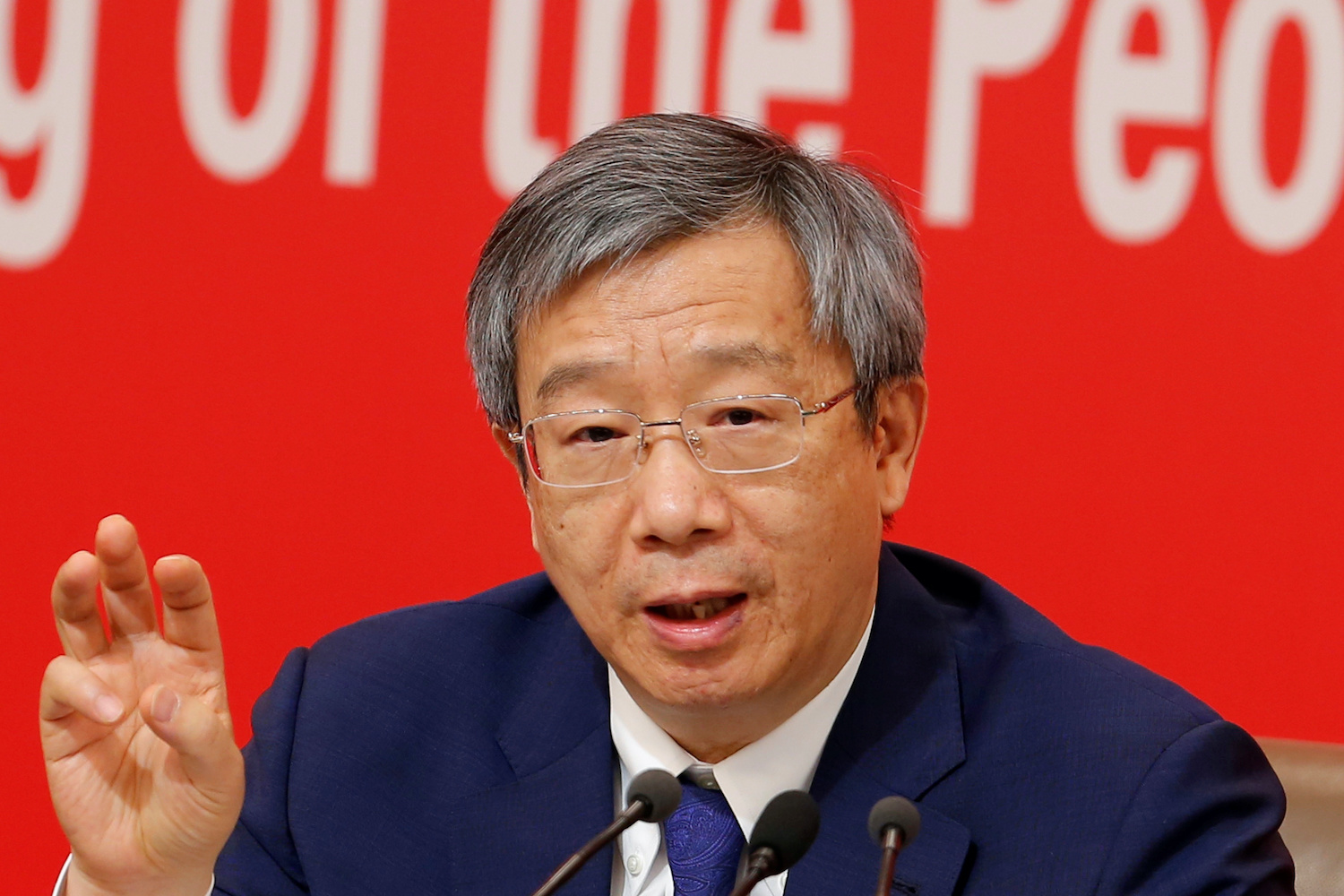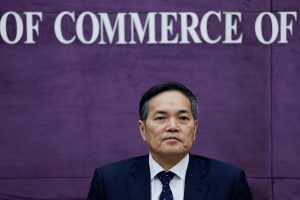(ATF) China will make it easier for foreign investors to access China’s green finance market amid other financial measures to help achieve the country’s carbon neutral goal by 2060, central bank governor Yi Gang told the Boao Forum on Tuesday.
China will require financial institutions to transition towards green finance as early as possible as the country has much less time and a much steeper curve than developed economies such as the US and European countries to achieve its carbon neutrality goals, Yi said.
China’s President Xi Jinping pledged in September that the world’s largest carbon dioxide emitter will bring its climate-warming greenhouse gas emissions to a peak before 2030 and achieve carbon neutrality by 2060, committing the country to an accelerated transition to renewable energy.
“We will continue to open the financial sector and make it easier for international investors to participate in China’s green finance market. We will continue to expand the business scope of foreign financial institutions on the basis of the full implementation of the pre-entry national treatment plus negative list management system. We will promote the two-way opening of the capital market and make China’s green finance market more attractive to international investors,” Yi said.
Yi said China is drafting green finance standards that are in line with international standards and is trying to unveil them this year to make it easier for foreign investors to enter the green finance market.
Green bonds, green loans
The central bank will give incentives and unveil new tools for financial institutions to fund carbon emission reduction projects, Yi said, adding that the central bank has added green bonds and green loans as qualified collateral for central bank loan facilities.
“The People’s Bank of China will also increase its support for green finance and carbon emission reduction through such means as commercial bank rating, deposit insurance fee rate, and macro-prudential assessment,” Yi stressed.
The central bank will assess the impact of climate change on China’s financial stability and monetary policy, and consider climate change in financial sector stress tests, he said.
China will continue to increase the allocation of green bonds in its foreign exchange reserve investments while controlling investments in high-pollution assets, Yi said.
There are still problems in China’s green finance development, for example the prices of some assets do not reflect the negative impact they have on the environment, he said. “This is because some enterprises have not yet adequately disclosed their environmental information, and many industries have not been included carbon pricing.”
It will be an important task for the central bank to encourage financial institutions to adopt a “green investment” principle, and to get them to evaluate the environmental and climate risks and strengthen information disclosure is crucial, he said.
More solar and wind
China is the world’s largest emitter of carbon dioxide by a large margin and viewed by analysts around the world as critical to the global fight against the climate change crisis.
With an eye on emissions, the country installed 52 gigawatts of wind power capacity last year — double the amount in 2019 and about 70% of the global total — according to data released last month by the Global Wind Energy Council (GWEC), an international trade lobby group.
With an eye on emissions, the country installed 52 gigawatts of wind power capacity last year – double the amount in 2019 and about 70% of the global totalaccording to data released last month by the Global Wind Energy Council (GWEC), an international trade lobby group.
However, China also led the world in building coal power plants. In 2020, China built over three times as much new coal power capacity as all other countries in the world combined, according to the research by the non-profit Global Energy Monitor.
Late last month, China said it will step up financial support for the development of wind and solar power generation, as part of its efforts to meet its target for carbon emissions cuts.
The central bank said in a statement that banks could make arrangements such as loan extensions, refinancing or changes to the schedule and terms of loan payments to promising renewable companies that face short-term repayment pressure. China will also give subsidies to wind and solar power companies, the PBOC said.
Up to this point, Asia has been one of the slowest regions in the world in responding to the climate crisis. Activists from countries all around the world have been campaigning for China and many other countries such as India, Indonesia and even Australia to curb both their use of coal and for an end to coal exports.
The countries in Europe such as Germany, which developed a multi-year plan to phase out use of coal, have led the way in lowering emissions and are now benefitting from getting an early start in developing ‘clean’ energy technology, which has become a boom area for business.
The issue is seen as so serious — a threat to ecosystems worldwide — that the European Union is discussing imposing tariffs on trading partners that fail to take significant action to counter global warming. US President Joe Biden is also hosting a major conference of world leaders on the issue this week, on April 22 and 23.
The visit of John Kerry, Biden’s special presidential envoy for climate, to China last week has been seen as a move to renew China-US climate cooperation.
A joint statement after Kerry’s trip said both countries intend to take action to maximize international investment and finance in support of the “green” transition in developing countries, which analysts see as a crucial area of cooperation between the world’s biggest two carbon emitters.
The US emissions peaked in 2007, and it is aims to reach carbon neutrality by 2050, although Biden may be keen to bring that deadline forward.
ALSO SEE:
- China kicks up renewables push days ahead of global climate summit
- China must nix its coal addition to reach carbon neutral pledge
- New coal projects in China make up 90% of global total
- G20 nations give $77 bn a year to fossil fuel projects
- India opens up coal mining to private sector
- Shift to renewable energy needed by 2030-35, top researchers say






















